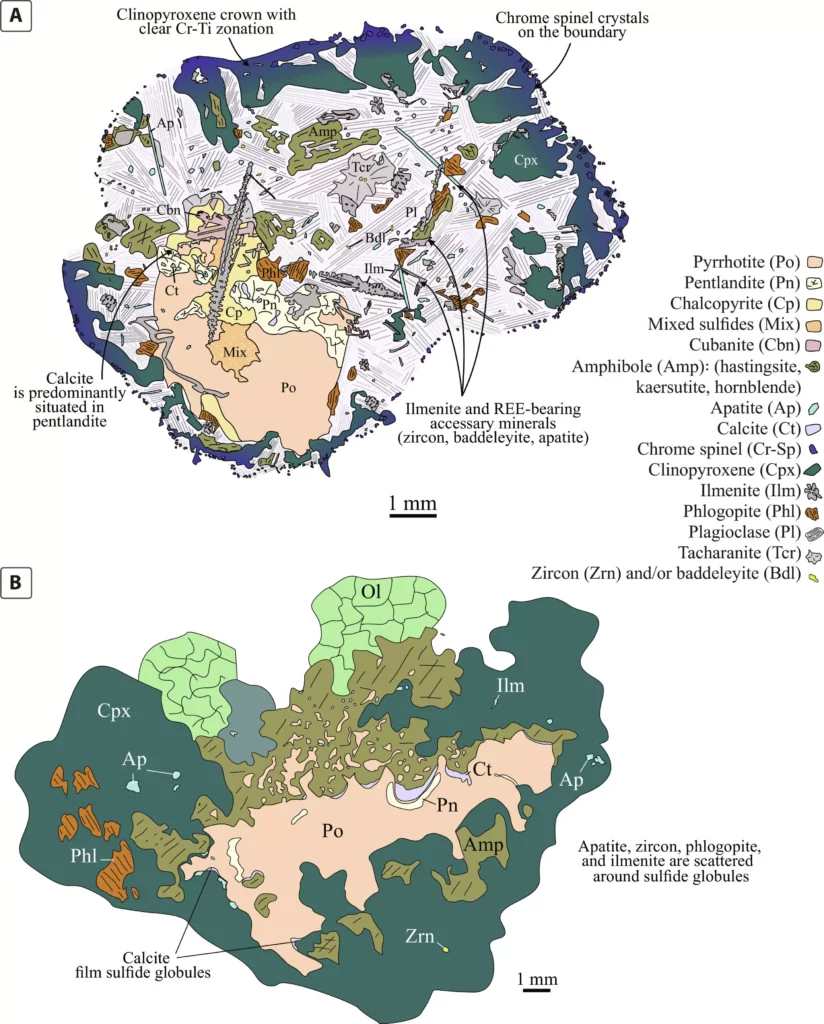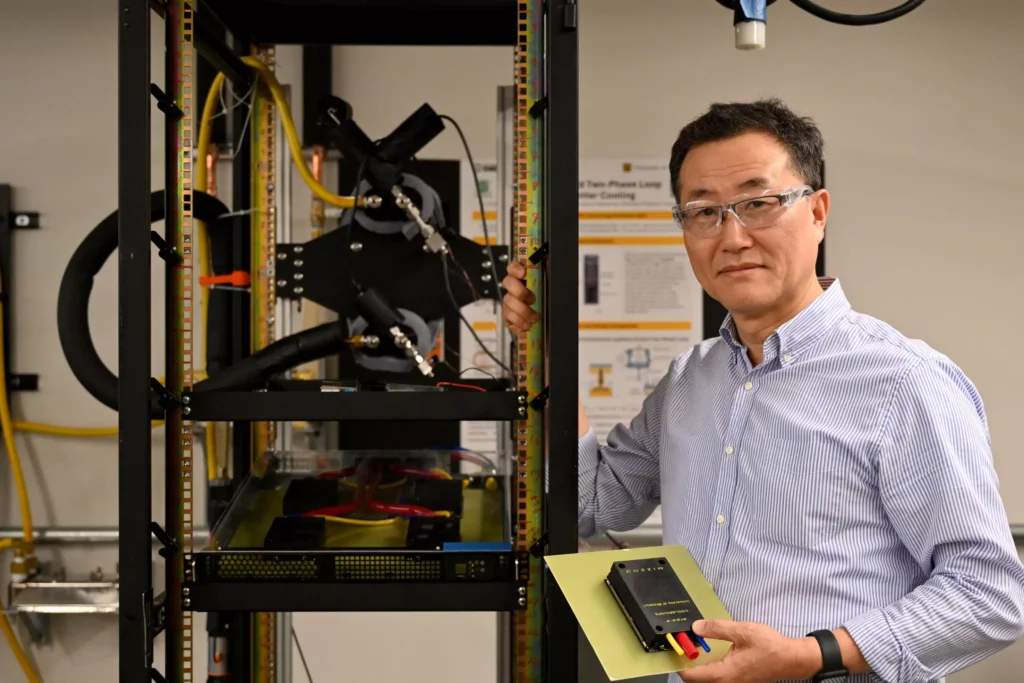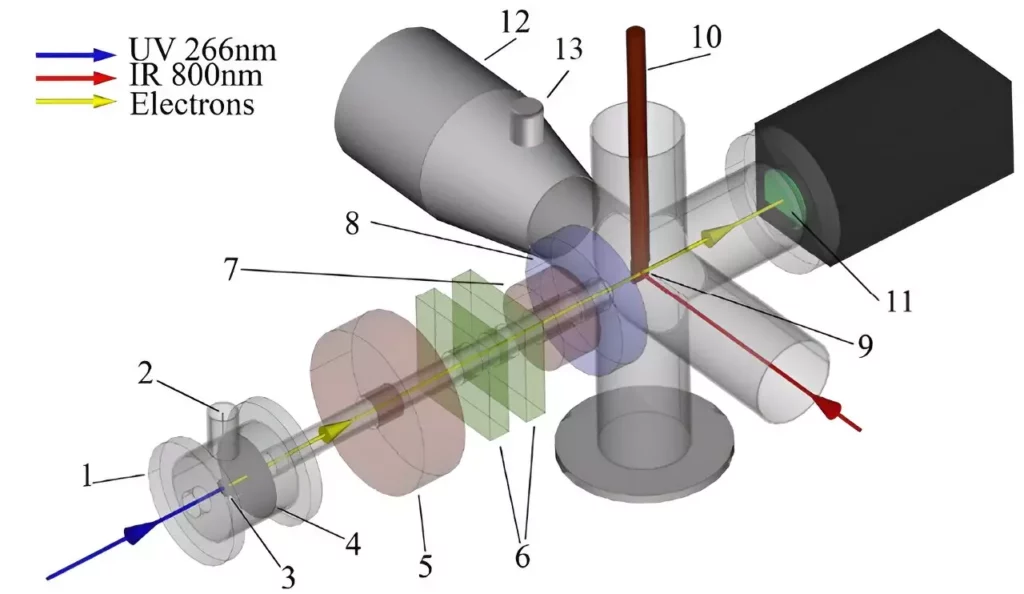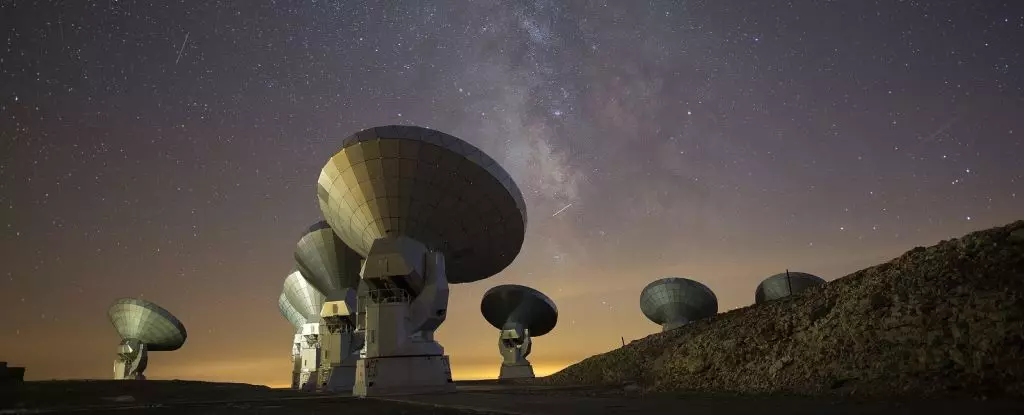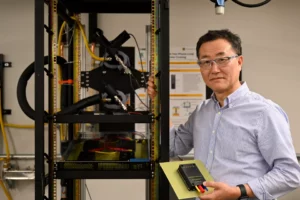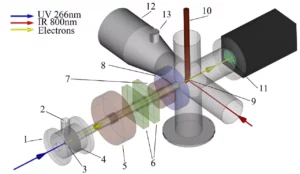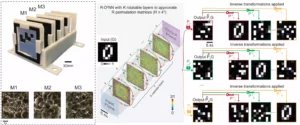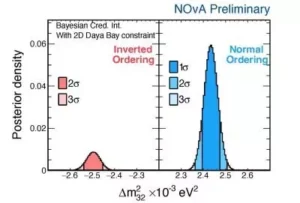The quest to responsibly extract vital green metals like nickel, platinum, and copper has long puzzled geologists and industry leaders. These metals, often buried deep within the Earth’s molten interior, are notoriously difficult to transport to surface deposits where they can be mined sustainably. Recent pioneering research from The University of Western Australia presents a
As artificial intelligence continues its rapid ascent, the infrastructure supporting it faces mounting pressure. Data centers, the backbone of modern digital life, are burgeoning in size and energy consumption. Current cooling methods—fans and liquid coolants—are increasingly inadequate, leading to prohibitively high energy costs and environmental concerns. The stark reality is that as AI-powered applications become
The frontier of material science has taken a dramatic leap forward thanks to recent breakthroughs in laser-induced phase manipulation. Researchers at EPFL have demonstrated that, by simply altering the wavelength of light directed at magnetite, a well-studied magnetic mineral, they can induce dramatic and reversible changes in its electronic state. This capacity to command matter
The scientific landscape is continuously evolving, driven by breakthroughs that reshape our understanding of the universe at its most fundamental level. The recent progress made by researchers at the University of Wisconsin–Madison exemplifies this progression, opening doors to unprecedented insights into molecular interactions. Their innovation, a highly sensitive method for detecting and analyzing single molecules
For decades, Alzheimer’s disease has remained an almost impenetrable fortress of mystery and despair, claiming millions of lives annually and casting a long shadow over the aging population worldwide. The recent breakthroughs marked by the approval of drugs like donanemab and lecanemab have ignited a beacon of hope in a landscape once characterized by stagnation.
In recent years, medications like Ozempic and tirzepatide have entered the spotlight as promising solutions for weight management, offering hope to millions seeking a less invasive path to shedding pounds. Marketed as miracle cures, these drugs are designed to curb appetite by mimicking the natural hormone GLP-1, which regulates hunger and blood sugar. Yet, beneath
In the vast expanse of deep space, where light takes billions of years to journey across the universe, our understanding of the cosmos continues to evolve at a breathtaking pace. Recently, astronomers encountered a phenomenon that not only challenges previous notions but also opens an unprecedented window into the unseen forces orchestrating our universe. At
The recent observations of the interstellar comet 3I/ATLAS have ignited both excitement and curiosity within the astronomical community. This alien traveler, hurtling through our solar system at an extraordinary speed, presents a chemical profile that defies traditional cometary expectations. What makes 3I/ATLAS especially intriguing is its subtle yet puzzling green hue, a characteristic usually associated
For decades, the narrative surrounding meteorite impacts has predominantly centered on destruction and chaos. Yet, recent groundbreaking research challenges this conventional wisdom by positioning colossal impacts as potential catalysts for life’s emergence and sustenance. When a 1.6-kilometer asteroid colliding with present-day Finland created a vast crater 23 kilometers wide and plunging nearly 750 kilometers deep,
For over six decades, metformin has been the cornerstone of type 2 diabetes management, praised for its effectiveness and affordability. Traditionally, medical science attributes its success to liver-related mechanisms — chiefly, the suppression of glucose production. However, recent groundbreaking research challenges this simplified view, suggesting that the drug’s influence extends far beyond the liver, implicating
Humans have long been captivated by the mysterious and the extraterrestrial. Whenever a new celestial object appears near Earth, the immediate—albeit often unwarranted—speculation is that it might be an alien probe or some form of alien technology. This tendency reveals our innate desire to find life or intelligence beyond our planet, but it also signals
Breast cancer remains one of the most formidable adversaries in modern medicine, with nearly 30% of successful treatments thwarted by tumor recurrence. Despite remarkable advances in early detection and targeted therapies, the haunting possibility of cancer returning casts a long shadow over survivors’ lives. It’s not just a matter of physical health but psychological well-being,
For centuries, humanity has gazed skyward, trusting in the Sun’s comforting regularity. We’ve come to see it as a dependable star, a celestial clock ticking with predictable 11-year cycles. Yet, beneath this veneer of stability lies an underlying chaos—a dynamic, tempestuous engine driven by forces we still struggle to comprehend. Recent revelations challenge the assumption
The intricate relationship between long COVID and menstrual health is emerging as a critical area of concern, yet it remains largely underexplored. Recent research involving thousands of volunteers in the UK has illuminated a troubling pattern: persistent COVID symptoms can significantly disrupt menstrual cycles. What is more alarming is the bidirectional nature of this relationship—menstrual
The concept of entropy often bears a negative connotation in scientific discourse, primarily associated with disorder and randomness. Traditionally, stability and predictability in materials are cherished attributes, as uniform structures tend to be easier to understand and manipulate. However, recent advances challenge this dogma, revealing that disorder—particularly in high-entropy materials—can be harnessed as a potent

